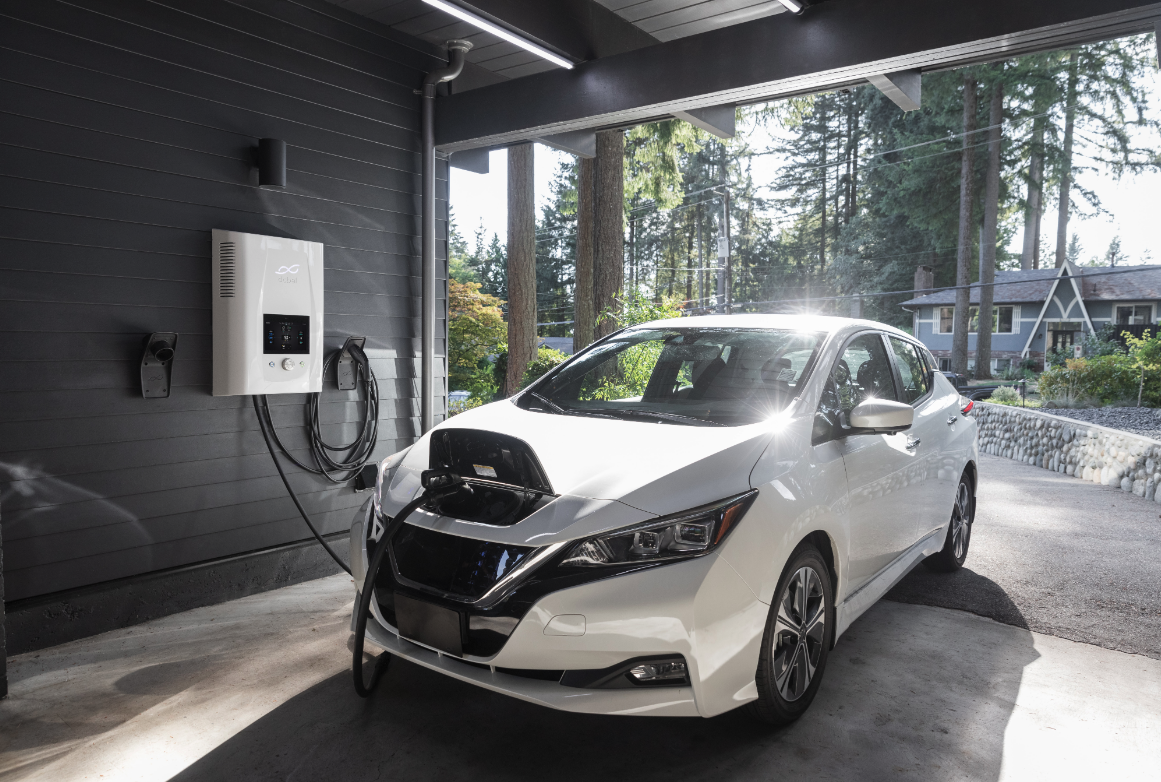The Benefits of Solar Power for Charging Electric Cars
Solar power is quickly becoming an increasingly popular option for charging electric cars. This renewable energy source offers a range of benefits that not only make it an attractive option for motorists, but also helps to reduce our impact on the environment. Here are some of the key benefits of solar power for charging electric cars:
Cost-Effective: Solar power is one of the most cost-effective options for charging electric cars. It requires minimal upfront investment and is a renewable source of energy, meaning that it can be used to charge cars for free once your initial installation is complete. This reduces the running costs of electric cars significantly, allowing motorists to save money on fuel and other associated costs.
Eco-Friendly: Solar power is one of the cleanest forms of energy, with no emissions or pollutants released into the atmosphere. This makes it an ideal option for minimizing our impact on the environment. It also helps to reduce dependence on fossil fuels, which are responsible for the majority of air pollution and greenhouse gas emissions.
Convenient: Solar power can be used to charge electric cars wherever there is sunlight, making it an incredibly convenient and accessible option. This means that you can charge your car at home, at work, or even on the go, with no need for a charging station or other infrastructure.
With its cost-effectiveness, eco-friendliness, and convenience, it is easy to see why solar power is becoming an increasingly popular choice for charging electric cars. This renewable energy source offers a range of benefits that not only make it an attractive option for motorists, but also helps to reduce our impact on the environment.
How to Calculate the Number of Solar Panels Needed to Charge an Electric Car
Charging an electric car requires a significant amount of energy, and solar panels can be used to power the vehicle. To determine the number of panels necessary to provide the energy required, there are a few factors that need to be taken into consideration.
First, the total energy consumption of the electric car must be determined. This information can usually be found in the vehicle’s owner’s manual. The energy consumption is typically measured in kilowatt-hours (kWh) per charge.
Second, the available solar energy in your area should be estimated. This can be done using a solar power calculator, which takes into account the average hours of sunshine, the tilt of your roof, and other factors. This will give you an estimate of the number of kilowatt-hours (kWh) that the solar panels will be able to generate.
Third, the size of the solar panel must be determined. This information is usually available from the manufacturer. This will determine how much energy a single panel can generate.
Once these three factors have been determined, it is then possible to calculate the number of solar panels needed to charge the electric car. The equation is as follows: Number of Panels = (Energy Consumption per Charge)/(Energy Generated per Panel).
For example, if an electric car has a total energy consumption of 30 kWh per charge, and a single solar panel generates 4 kWh, then the number of panels needed is 30/4 = 7.
- In this case, 8 solar panels would be necessary to charge the electric car.By taking into account the energy consumption of the electric car, the available solar energy in your area, and the size of the solar panel, it is possible to calculate the number of solar panels needed to charge the electric car.
Exploring the Cost Savings of Solar-Powered Electric Car Charging
The potential cost savings afforded by solar-powered electric car charging has been gaining attention recently, as more and more people are looking to renewable energy sources to meet their energy needs. With advancements in solar technology, solar-powered charging stations are becoming more and more feasible and could provide significant cost savings to electric car owners.
The primary cost savings from solar-powered electric car charging is the reduced cost of electricity. Solar-powered charging stations use photovoltaic (PV) panels to convert sunlight into electricity, which can then be used to charge electric cars. This electricity is generally free, as no fuel costs are associated with it. Furthermore, the cost of PV panels has been decreasing in recent years, making solar-powered charging stations more affordable.
In addition to the cost savings from reduced electricity costs, solar-powered charging stations also reduce the burden on the electrical grid. This is because the electricity generated by the PV panels is used locally, thus reducing the demand on the grid. This can result in lower energy bills for electric car owners, as well as lower costs for utilities.
Finally, solar-powered electric car charging offers environmental benefits. The renewable energy produced by the PV panels reduces greenhouse gas emissions, helping to combat climate change. Furthermore, the reduced demand on the electrical grid helps to reduce air pollution associated with power plants.
Overall, solar-powered electric car charging offers a number of cost savings and environmental benefits. With advancements in solar technology, solar-powered charging stations are becoming more and more feasible and could provide significant cost savings to electric car owners.
The Pros and Cons of Installing Solar Panels to Charge Your Electric Car
The installation of solar panels to charge an electric car has become an increasingly popular option for many car owners. Solar panels can provide a clean, renewable energy source for electric vehicles, which can help reduce the environmental impact of driving. However, there are both advantages and disadvantages to the use of solar panels to power an electric vehicle.
The primary benefit of using solar panels to charge an electric car is the reduction of energy costs. By relying on energy from the sun, car owners can save money on their electricity bills. Solar panels are also a great way to reduce emissions, since they do not generate carbon dioxide or other pollutants. Additionally, solar panels are relatively easy to install and maintain.
However, there are some drawbacks to using solar panels to power an electric vehicle. The most significant disadvantage is the cost of installing and maintaining the solar panel system. Solar panels can be expensive to purchase and install, and they require regular maintenance and repairs to keep them working properly. Additionally, solar panels may not be effective in all areas due to weather conditions, making them unreliable in some regions.
In conclusion, installing solar panels to charge an electric car can be a great way to reduce energy costs and emissions. However, it is important to consider the cost of installation and maintenance, as well as the reliability of solar energy in certain areas, before making the decision to install solar panels.
Exploring the Latest Technology for Solar-Powered Electric Car Charging
The world is rapidly moving towards renewable sources of energy, and the transportation sector is no exception. Solar-powered electric car charging is an emerging technology that has the potential to revolutionize the way drivers power up their vehicles. This article will explore the latest advances in solar-powered electric car charging and their implications for the future of driving.
Solar-powered electric car charging involves harnessing the energy of the sun to power up vehicles. This technology has the potential to reduce the dependence on other forms of fuel, such as gasoline and diesel. Solar car charging systems collect energy from the sun’s rays and convert it into electricity that can be used to charge electric vehicle batteries. This technology is becoming increasingly popular due to its cost-effectiveness, convenience, and environmental friendliness.
The latest developments in solar-powered electric car charging technology have made it more efficient and cost-effective than ever before. Solar panels are now able to capture more energy from the sun, making it possible to charge a car battery faster. In addition, new charging stations are equipped with advanced features, such as the ability to monitor the charge level of the battery and provide real-time feedback to the user.
Moreover, the installation of solar-powered car charging stations is becoming increasingly popular due to their convenience. These charging stations can be installed in a variety of locations, such as parking lots, driveways, and even rooftops. Furthermore, drivers can access these stations 24/7, making it easier to power up their vehicles on the go.
The widespread adoption of solar-powered electric car charging technology will have significant implications for the future of driving. It will help reduce greenhouse gas emissions by eliminating the need for gasoline-powered vehicles. In addition, it will enable drivers to save money on fuel costs and reduce their reliance on petroleum-based fuels.
In conclusion, solar-powered electric car charging is an emerging technology that has the potential to revolutionize the way drivers power up their vehicles. This technology is becoming increasingly efficient and cost-effective, and its widespread adoption will have significant implications for the future of driving.






